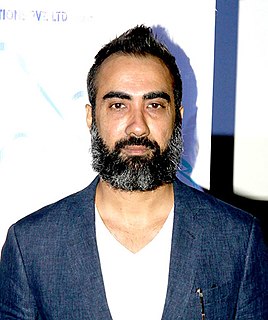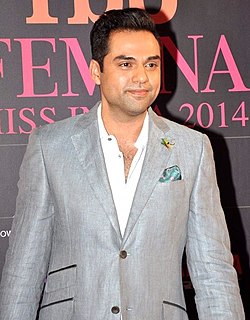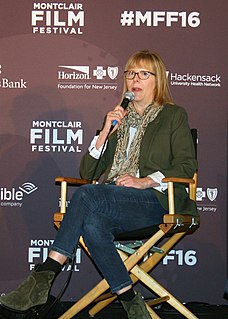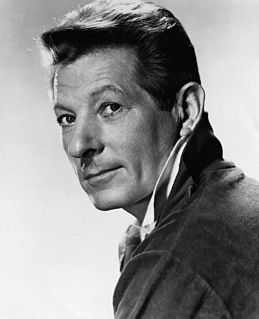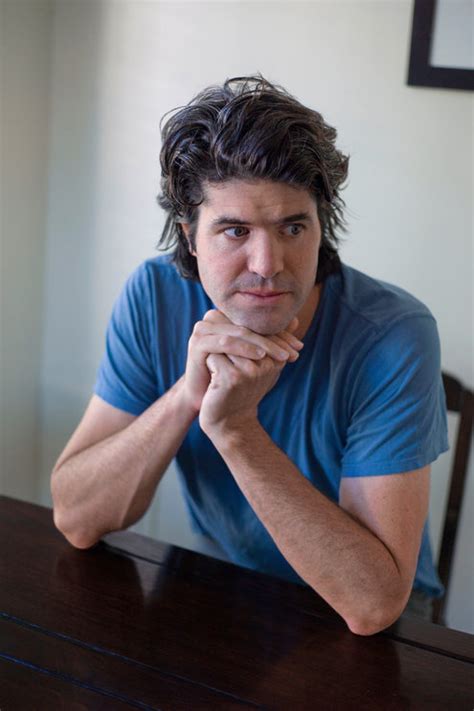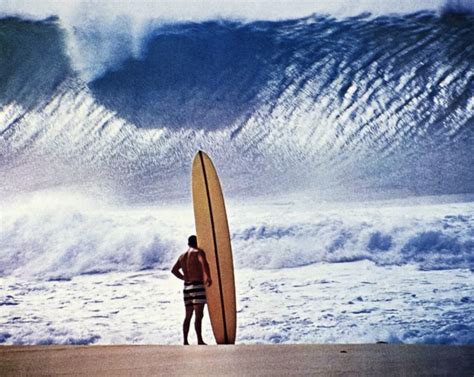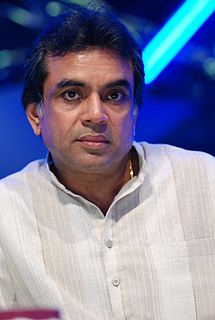A Quote by Ranvir Shorey
I feel lucky that films like 'Singh is King,' 'Ek Tha Tiger' came my way. They were mainstream films that were different.
Related Quotes
I don't know if any of you feel this way, but it's like eventually, you see a woman come on screen and you go, "Oh, thank God!" You just sort of need a break from all this testosterone, which happened, I think, in one of my films, The Hurt Locker. I was in it for like five minutes, and people were like, "You were in that movie!" And I was like, "Well, kind of." And they were like, "No, you were!" 'Cause they needed a woman!
The films that I loved growing up were the science fiction films from the late seventies and early eighties [films], which were more about the people and how they are affected by the environments that they are in. Whether they are sort of futuristic or alien of whatever they are; that was the science fiction that I loved. So that is what we tried to make, the sort of film that felt like those old films.
People turned around and came back to watch. An enormous crowd formed. Ampol Oil took films. When we left Australia, we also left our boards for the Aussies. Those films were shown all over the country to different clubs. The films and our boards became the basis for the modern surfboard movement in Australia.
